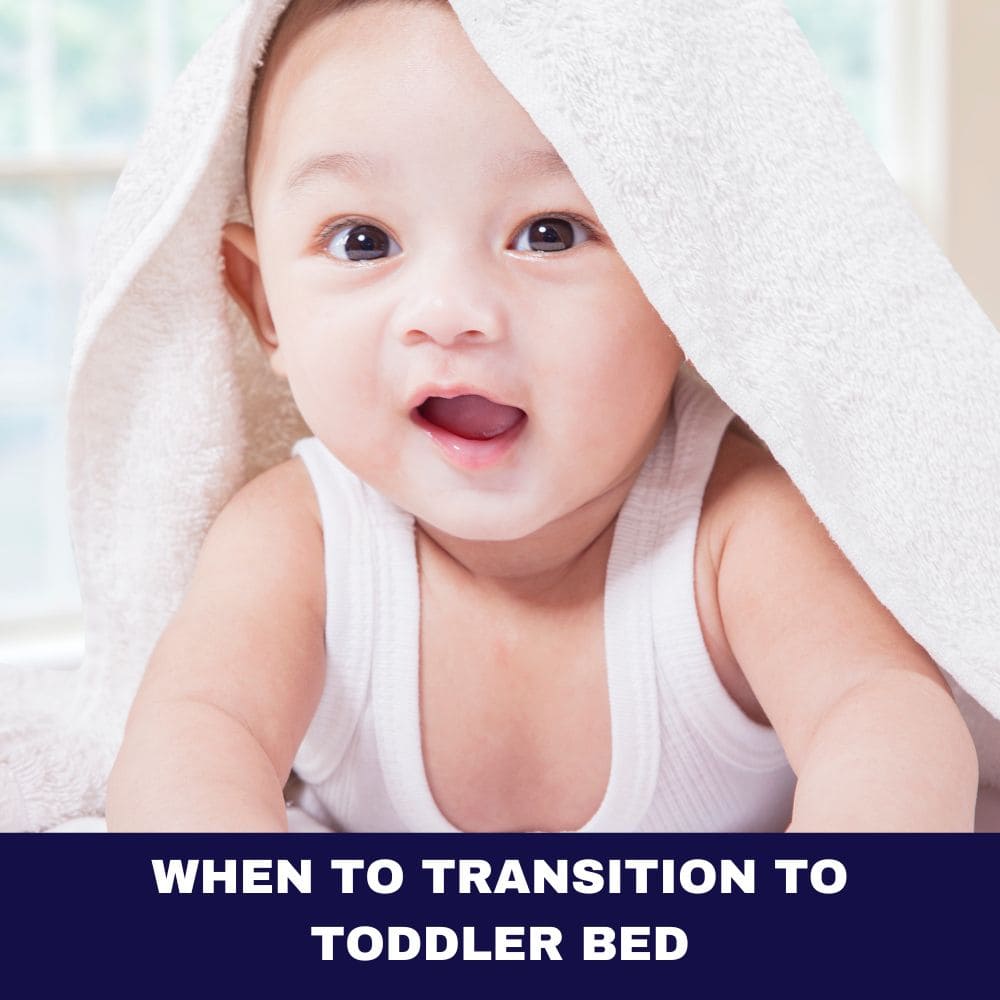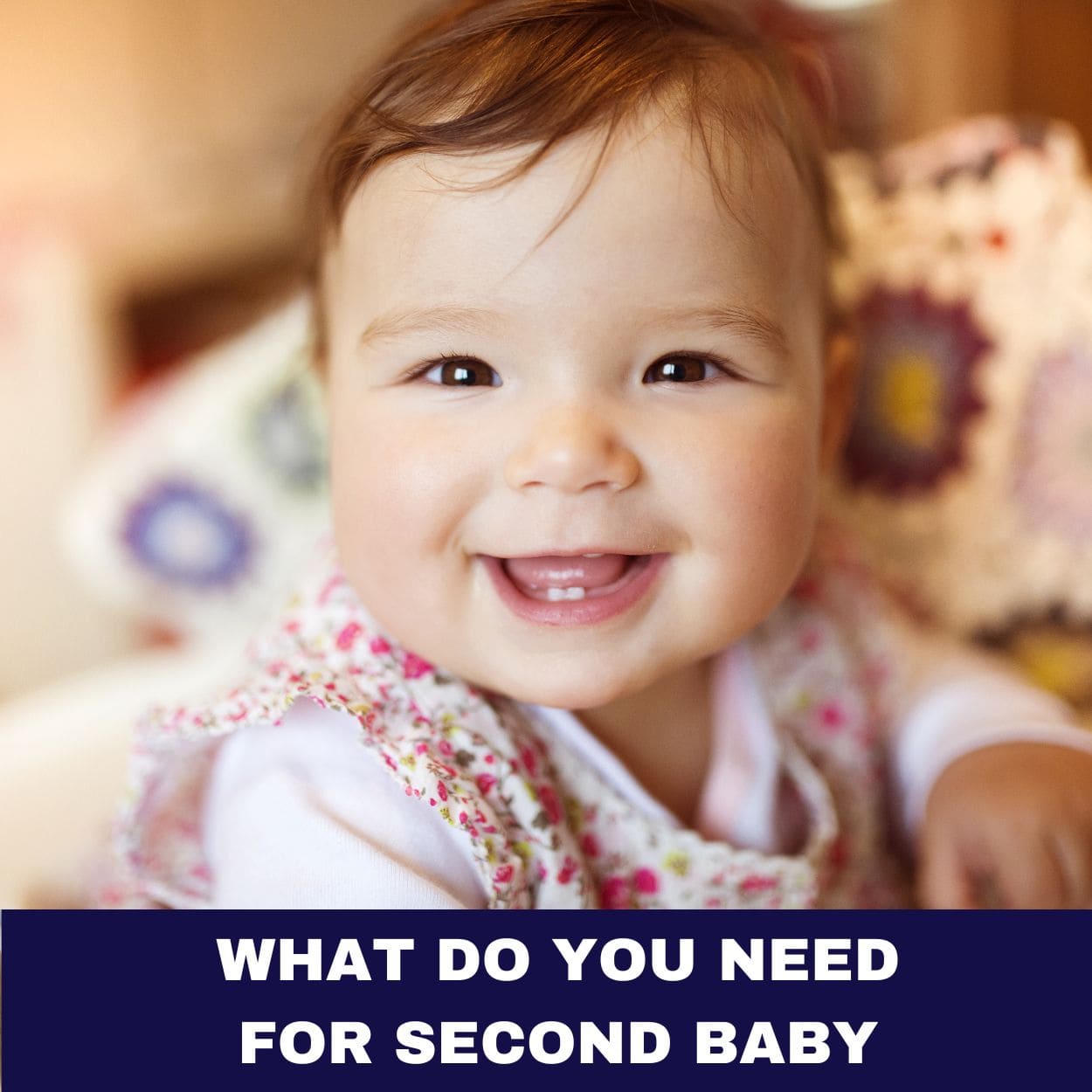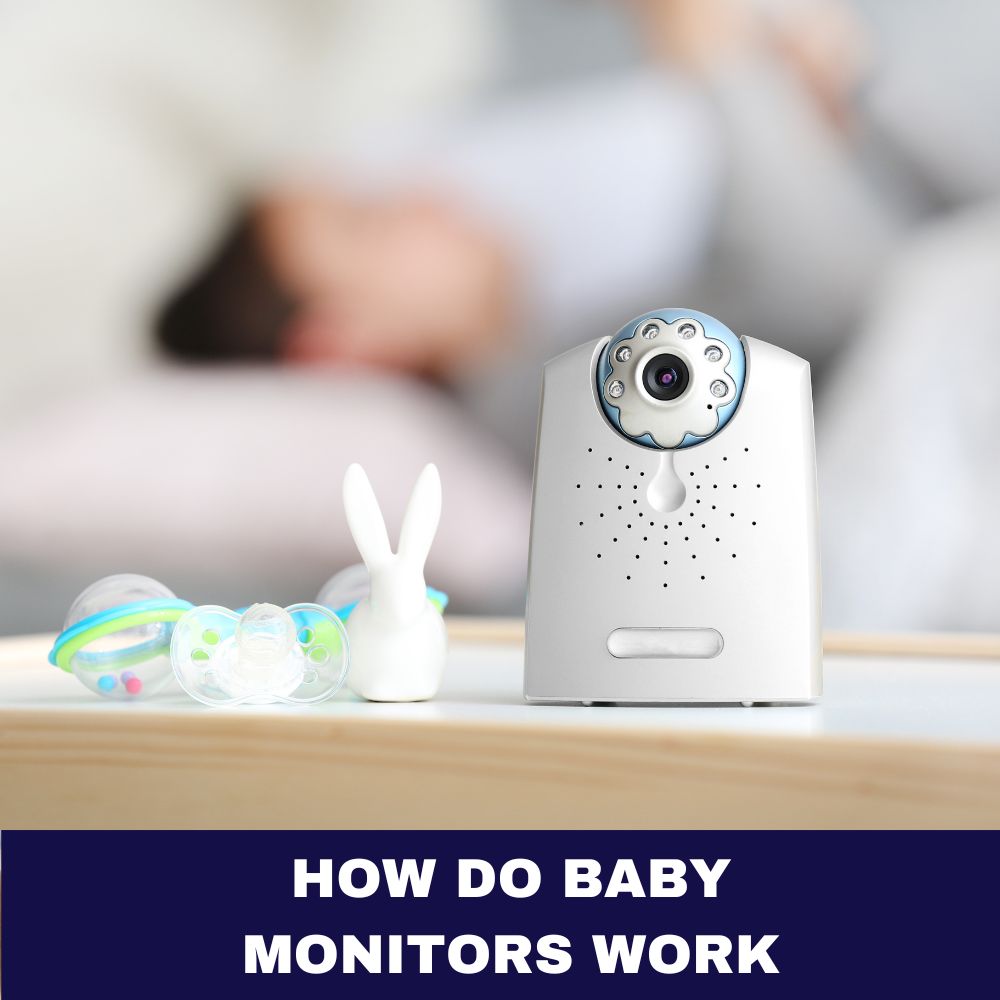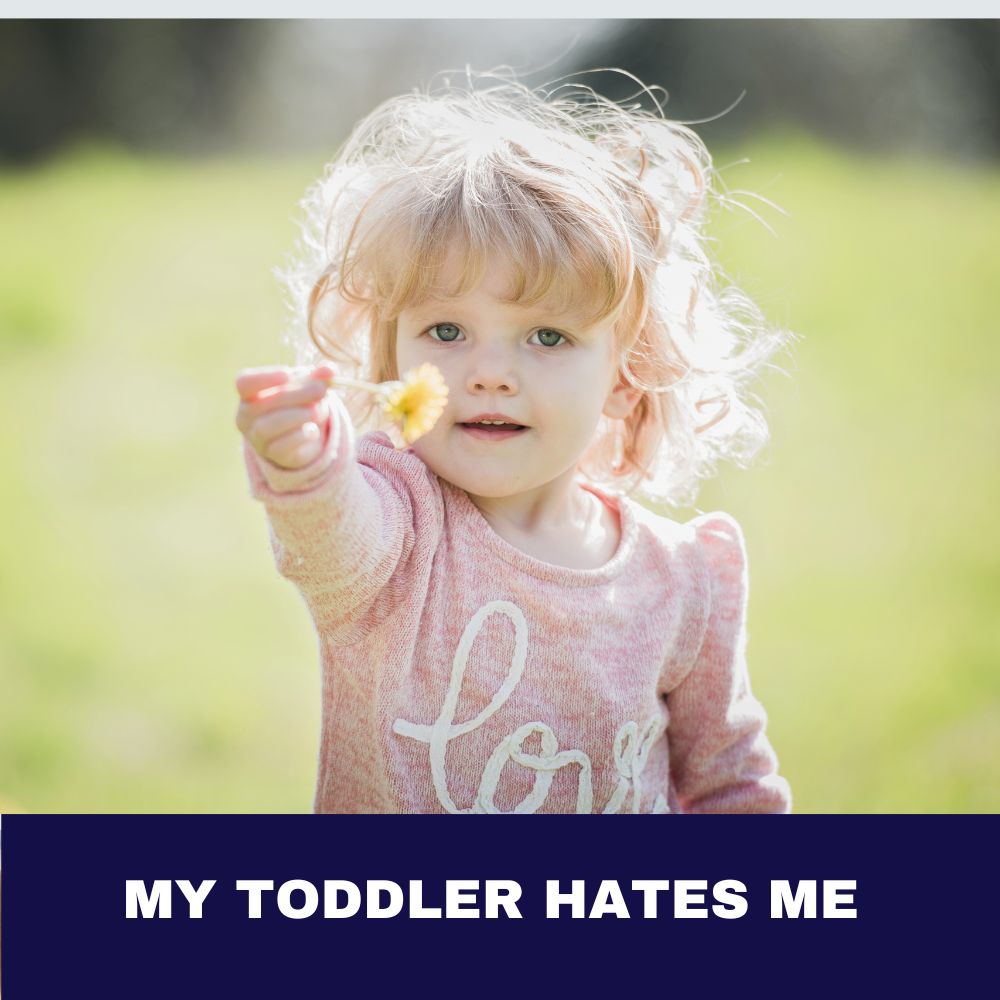Picture this: You’re cradling your little one, lost in those adorable baby giggles, when suddenly, their tiny hands start pawing at their eyes. Your heart skips a beat. Is something wrong? Should you be worried? Take a deep breath, because we’re about to embark on an eye-opening journey (pun intended!) into the fascinating world of infant eye rubbing.
As we unravel 10 extraordinary facts about why your infant keeps rubbing their eyes, we’ll equip you with the knowledge to distinguish between harmless habits and potential concerns. So, grab your favorite mug of coffee (or tea, we don’t judge), and let’s dive into this eye-rubbing mystery together!
The Normalcy of Eye Rubbing in Babies
Before we jump into our list of extraordinary facts, let’s set the stage by understanding what’s considered “normal” when it comes to babies and their eye-rubbing antics.
Eye rubbing is a common behavior in infants, often seen as a natural response to various stimuli. It’s like their little hands have a mind of their own, instinctively reaching up to those peepers. But how much rubbing is too much? And when should you start raising an eyebrow?
Typically, occasional eye rubbing, especially when your baby is tired or waking up, is perfectly normal. It’s their way of dealing with the sensation of sleepiness or adjusting to light changes. However, if you notice your infant keeps rubbing their eyes excessively or seems distressed while doing so, it might be time to pay closer attention.
Now, let’s dive into our first extraordinary fact!

Fact 1: Tiredness Isn’t Always the Culprit
When you see your little one rubbing their eyes, your first thought might be, “Oh, someone’s ready for a nap!” While fatigue is indeed a common reason for eye rubbing, it’s not the only player in this game.
Believe it or not, eye rubbing can be triggered by a whole host of reasons beyond just being sleepy. Think of it as your baby’s Swiss Army knife of responses – one action with multiple uses. Here are some other potential triggers:
- Overstimulation: Your baby’s senses are still developing, and sometimes the world can be a bit too much. Bright lights, loud noises, or lots of activity might prompt some eye rubbing as a way to cope.
- Boredom: Surprisingly, a lack of stimulation can also lead to eye rubbing. It’s like your baby’s way of saying, “Hey, I need something interesting to look at!”
- Discomfort: If your baby is teething, has a stuffy nose, or is experiencing any other kind of discomfort, they might rub their eyes as a general response to feeling out of sorts.
- Habit: Sometimes, babies develop a habit of rubbing their eyes, especially if it’s been soothing for them in the past.
So, how can you tell if it’s tiredness or something else? Pay attention to the context. Is it close to nap time? Are there other signs of fatigue like yawning or fussiness? If not, consider what else might be going on in your baby’s environment or how they’re feeling.
Next steps: Start keeping a little eye-rubbing diary. Note when your baby rubs their eyes, what’s happening around them, and how they seem to be feeling. This can help you spot patterns and better understand what your baby’s eye rubbing might be telling you.
Fact 2: Eye Rubbing as a Self-Soothing Mechanism
Now, here’s something that might surprise you – when your infant keeps rubbing their eyes, they might actually be giving themselves a little massage! That’s right, eye rubbing can be a self-soothing mechanism for babies.
Think about it: have you ever rubbed your own eyes when you’re feeling stressed or overwhelmed? It’s oddly comforting, isn’t it? Well, babies aren’t so different. They might rub their eyes as a way to calm themselves down or cope with overwhelming emotions or sensations.
This self-soothing behavior is rooted in the fact that gentle pressure on the eyes can stimulate the vagus nerve, which runs from the brain to the abdomen. Stimulating this nerve can trigger a relaxation response in the body, helping your baby feel more calm and centered.
Moreover, the act of rubbing their eyes gives babies a sense of control over their bodies and environment. It’s like their own little superpower – “I can make myself feel better!”
However, while self-soothing through eye rubbing isn’t inherently harmful, it’s important to ensure it doesn’t become an excessive habit. Too much rubbing can potentially lead to irritation or even minor injuries to the delicate eye area.
Next steps: If you notice your baby frequently rubbing their eyes as a self-soothing mechanism, try to identify what might be causing stress or overstimulation. Are there loud noises? Too many people around? By addressing the root cause, you can help your baby feel more comfortable without relying solely on eye rubbing. Additionally, you might want to introduce alternative soothing methods, like gentle back rubs or calming music, to give your baby more tools in their self-soothing toolkit.
Fact 3: The Surprising Link Between Allergies and Eye Rubbing
Hold onto your hats, because we’re about to explore a connection that might not be on your radar: allergies and eye rubbing in infants. Yes, you read that right! Your little one’s eye-rubbing marathon might actually be an allergic salute.
Allergies in infants are more common than you might think. While we often associate allergies with sneezing and runny noses, in babies, one of the primary symptoms can be – you guessed it – rubbing those adorable peepers.
When allergens like pollen, pet dander, or dust mites come into contact with your baby’s eyes, they can cause irritation, itchiness, and discomfort. And what’s a baby to do when their eyes feel itchy? Rub, rub, rub!
Here’s a quick rundown of common allergens that might be causing your infant to keep rubbing their eyes:
- Pollen (from trees, grasses, and weeds)
- Pet dander
- Dust mites
- Mold spores
- Certain foods (if you’re breastfeeding, what you eat can affect your baby)
But how can you tell if it’s allergies and not just regular eye rubbing? Look for these additional symptoms:
- Watery or red eyes
- Sneezing
- Runny or stuffy nose
- Skin rashes or eczema
It’s important to note that if you suspect allergies, it’s best to consult with your pediatrician before trying any treatments. They can help confirm if allergies are indeed the culprit and recommend safe, age-appropriate remedies.
Next steps: Start paying attention to when and where your baby’s eye rubbing occurs. Is it more frequent during certain seasons? Or perhaps after being in a specific room of the house? Keeping a log can help you and your doctor identify potential allergens. In the meantime, try to keep your home as dust-free as possible, and consider using an air purifier in your baby’s room.

Fact 4: Eye Infections and Your Rubbing Infant
Now, let’s tackle a topic that might make you a bit squeamish, but it’s crucial to understand: eye infections. When your infant keeps rubbing their eyes, it could be a sign of an eye infection, with conjunctivitis (aka pink eye) being the most common culprit.
Conjunctivitis is an inflammation of the conjunctiva, the thin, clear tissue that lies over the white part of the eye. It can be caused by viruses, bacteria, or even allergies. The tricky part? The symptoms can be similar to other eye irritations, making it a bit of a detective game for parents.
Here’s a handy table to help you spot the signs of conjunctivitis:
| Symptom | Description |
|---|---|
| Redness | One or both eyes may appear pink or red |
| Discharge | Yellow, green, or white discharge that may crust over the eyelashes |
| Swelling | Puffy eyelids or swelling around the eyes |
| Itching/Burning | Your baby may rub their eyes more frequently due to discomfort |
| Tearing | Excessive watering of the eyes |
| Light Sensitivity | Your baby may seem more bothered by bright lights |
It’s important to note that eye infections can be contagious, so if you suspect your little one has conjunctivitis, it’s best to consult with your pediatrician promptly. They can determine the cause and prescribe appropriate treatment, which might include antibiotic eye drops for bacterial infections.
But don’t panic! While eye infections sound scary, most are easily treatable and resolve without complications when caught early.
Next steps: If you notice any of the symptoms listed above, especially in combination with increased eye rubbing, call your pediatrician. In the meantime, you can gently clean your baby’s eyes with a warm, damp cloth to remove any discharge. Remember to wash your hands thoroughly before and after touching your baby’s eyes to prevent spreading any potential infection.
Fact 5: Teething and Eye Rubbing Connection
Prepare to have your mind blown, because we’re about to explore a connection that might seem as unlikely as pineapple on pizza (no judgment if that’s your thing): teething and eye rubbing. Yes, you read that right! When your infant keeps rubbing their eyes, it could be related to those pesky little teeth trying to make their debut.
Now, you might be thinking, “Wait a minute, teeth are in the mouth, eyes are… well, not in the mouth. How does this work?” Let’s break it down.
Teething causes inflammation in your baby’s gums, which can lead to pain and discomfort. This discomfort doesn’t just stay in the mouth; it can radiate to other areas of the face, including the cheeks, ears, and yes, even the eyes. It’s like a mini-revolt happening in your baby’s head!
Here’s the science behind it: The trigeminal nerve, which is responsible for sensation in the face, connects the mouth, nose, and eyes. When your baby is teething, the stimulation of this nerve can cause referred pain or discomfort in areas other than just the gums. This can lead to your baby rubbing their eyes more frequently, even though the root cause is in their mouth.
But how can you tell if the eye rubbing is due to teething and not something else? Look for these additional signs of teething:
- Excessive drooling
- Chewing on everything in sight
- Irritability or fussiness
- Slight fever (less than 101°F)
- Changes in eating or sleeping habits
Next steps: If you suspect teething is behind your baby’s eye rubbing, try offering them a cold teething ring or a clean, damp washcloth to chew on. The cold can help numb their gums and provide relief. You can also gently massage their gums with a clean finger. If the discomfort seems severe, consult with your pediatrician about safe pain relief options.
Remember, teething is a normal part of your baby’s development, and while it can be uncomfortable, it’s usually not a cause for major concern. However, if your baby’s symptoms seem excessive or you’re worried, don’t hesitate to reach out to your healthcare provider.
Fact 6: Vision Development and Its Impact on Eye Rubbing
Buckle up, parents, because we’re about to take a journey into the fascinating world of your baby’s developing vision and how it relates to that curious eye-rubbing habit. When your infant keeps rubbing their eyes, it might actually be a sign of their visual system hard at work!
From the moment your little one enters the world, their vision is on a rapid development track. In the first few months, babies are like tiny scientists, constantly exploring and trying to make sense of the visual world around them. This process of visual development can sometimes lead to increased eye rubbing.
Here’s a quick timeline of your baby’s visual milestones:
| Age | Visual Development |
|---|---|
| Birth – 1 month | Can focus 8-12 inches away, prefers high contrast patterns |
| 2-3 months | Begins to track moving objects, recognizes faces |
| 4-6 months | Develops depth perception, color vision improves |
| 7-12 months | Eye-hand coordination improves, can see smaller objects |
As your baby’s vision develops, they might rub their eyes more frequently for a few reasons:
- Focusing fatigue: As your baby learns to focus on objects and faces, their eye muscles are getting a workout. Just like how your legs might feel tired after a long run, your baby’s eyes can get tired from all this visual exercise.
- Processing overload: The world is full of new sights for your baby. Sometimes, all this visual information can be overwhelming, leading to eye rubbing as a way to ‘reset’ or take a break.
- Coordination practice: Eye rubbing can also be a way for babies to practice their developing hand-eye coordination.
While most eye rubbing related to vision development is normal, it’s important to be aware of signs that might indicate a need for further evaluation. These can include:
- Excessive tearing
- Sensitivity to light
- One eye turning in or out consistently
- Inability to focus on objects by 3-4 months of age
Next steps: Support your baby’s visual development by providing plenty of interesting things to look at. High-contrast patterns, colorful toys, and even your own animated facial expressions are all great for stimulating visual development. If you’re concerned about your baby’s vision or notice any of the warning signs mentioned above, don’t hesitate to consult with your pediatrician or a pediatric optometrist.
Fact 7: The Role of Dry Eyes in Infant Eye Rubbing
Now, here’s a twist you might not have seen coming – your infant’s eye-rubbing marathon could be due to dry eyes. Yes, you read that right! While we often associate dry eyes with adults staring at computer screens all day, this condition can affect our littlest ones too.
Dry eyes occur when the eyes don’t produce enough tears or when the tears evaporate too quickly. In babies, this can happen for a variety of reasons:
- Incomplete tear ducts: Sometimes, a baby’s tear ducts aren’t fully developed at birth, which can affect tear production.
- Environmental factors: Dry air, wind, or air conditioning can all contribute to dry eyes in infants.
- Dehydration: If your baby isn’t getting enough fluids, it can affect tear production.
- Certain medical conditions: Some health issues can interfere with tear production or quality.
When a baby has dry eyes, they might rub their eyes more frequently as a way to stimulate tear production or to alleviate the discomfort. It’s like their little bodies are trying to solve the problem on their own!
But how can you tell if dry eyes are behind your baby’s eye rubbing? Look for these signs:
- Redness in the eyes
- A stringy discharge
- Excessive blinking
- Seeming discomfort or irritation in bright light
Here’s a quick comparison of normal eyes vs. dry eyes in infants:
| Normal Eyes | Dry Eyes |
|---|---|
| Clear and bright | May appear slightly red or irritated |
| Occasional blinking | Frequent blinking |
| Tears visible when crying | May have difficulty producing tears when crying |
| Comfortable in various lighting | May seem uncomfortable in bright light |
Next steps: If you suspect your baby might have dry eyes, there are a few things you can try:
- Use a humidifier in your baby’s room to add moisture to the air.
- Ensure your baby is well-hydrated (if they’re old enough for water, or through breast milk or formula for younger babies).
- Gently wipe your baby’s eyes with a warm, damp cloth to remove any discharge and stimulate tear production.
If the problem persists or seems to be causing significant discomfort, it’s best to consult with your pediatrician. They may recommend artificial tears or other treatments suitable for infants.
Remember, while dry eyes can be uncomfortable, they’re usually not serious and can be managed effectively with proper care and treatment.

Fact 8: When Eye Rubbing Signals a More Serious Condition
Now, let’s take a deep breath and dive into a topic that might make your heart skip a beat – when your infant’s eye rubbing could be a sign of something more serious. Don’t worry, these cases are rare, but it’s important to be aware of them.
While most eye rubbing in infants is harmless, in some cases, it can be a symptom of an underlying condition that requires medical attention. Here are a few conditions to be aware of:
- Glaucoma: This is a condition where pressure builds up in the eye. In infants, it can cause excessive tearing, light sensitivity, and yes, eye rubbing. While rare in babies, congenital glaucoma needs prompt treatment to prevent vision loss.
- Corneal Abrasion: If your baby has scratched their eye, they might rub it more frequently due to discomfort. This can happen if a foreign object gets in their eye or from their own fingernails.
- Strabismus: This is a misalignment of the eyes that can cause eye strain and rubbing. If you notice one of your baby’s eyes turning in or out consistently, it’s worth mentioning to your pediatrician.
- Retinoblastoma: This is a rare type of eye cancer that primarily affects young children. While eye rubbing alone isn’t a definitive symptom, it can be one sign when combined with others like a white glow in the pupil in photos or misaligned eyes.
- Nystagmus: This condition involves involuntary eye movements and can sometimes lead to eye rubbing due to visual discomfort.
Here’s a table to help you distinguish between normal eye rubbing and potentially concerning symptoms:
| Normal Eye Rubbing | Potentially Concerning Symptoms |
|---|---|
| Occasional rubbing | Constant or excessive rubbing |
| Rubbing when tired | Rubbing accompanied by visible eye changes |
| Brief episodes | Prolonged episodes of rubbing |
| No other symptoms | Accompanied by other eye or health issues |
It’s crucial to remember that these conditions are rare, and most cases of infant eye rubbing are completely normal. However, if you notice any of the following red flags, it’s time to consult your pediatrician:
- Persistent redness or swelling of the eyes
- A white or cloudy appearance in the pupil
- Excessive tearing or discharge
- Sensitivity to light
- Any changes in the appearance or alignment of the eyes
Next steps: Trust your parental instincts. If something doesn’t seem right, or if your baby’s eye rubbing is accompanied by other concerning symptoms, don’t hesitate to reach out to your pediatrician. They can perform a thorough examination and, if necessary, refer you to a pediatric ophthalmologist for specialized care.
Remember, early detection and treatment are key in managing any potential eye conditions. Your vigilance as a parent plays a crucial role in ensuring your baby’s eye health.
Fact 9: Environmental Factors Influencing Eye Rubbing
Let’s take a moment to look around us because, believe it or not, your baby’s environment could be the secret culprit behind their eye-rubbing antics. When your infant keeps rubbing their eyes, it might be their way of saying, “Hey, something’s not quite right in my world!”
Environmental factors can play a significant role in triggering eye rubbing in babies. Here are some key environmental elements to consider:
- Air Quality: Dust, pollen, or pet dander floating in the air can irritate your baby’s delicate eyes, prompting them to rub. Even household cleaning products or air fresheners can sometimes be the unseen troublemakers.
- Lighting: Bright or harsh lighting can overwhelm your baby’s developing visual system. If the room is too bright or there’s a glare from reflective surfaces, your little one might rub their eyes as a response.
- Temperature and Humidity: Dry air can lead to dry eyes, which we’ve discussed earlier. On the flip side, excessively humid environments can make your baby feel uncomfortable, potentially leading to eye rubbing.
- Screens: While your infant isn’t binge-watching Netflix (we hope!), exposure to screens like TVs or smartphones can strain their eyes, especially if they’re in the background constantly.
Here’s a handy table to help you create an eye-friendly environment for your baby:
| Environmental Factor | Ideal Condition | Potential Issue |
|---|---|---|
| Air Quality | Clean, fresh air | Dust, allergens, strong odors |
| Lighting | Soft, indirect light | Harsh, direct light or complete darkness |
| Temperature | 68-72°F (20-22°C) | Too hot or too cold |
| Humidity | 30-50% | Too dry or too humid |
| Screen Exposure | Minimal to none | Prolonged exposure, especially before bedtime |
Next steps: Take a tour of your baby’s environment with fresh eyes (pun intended!). Here are some actionable steps you can take:
- Invest in an air purifier for your baby’s room to reduce airborne irritants.
- Use soft, diffused lighting instead of harsh overhead lights.
- Consider a humidifier if you live in a dry climate.
- Limit screen time around your baby, especially before bedtime.
- Regularly dust and vacuum to keep allergens at bay.
Remember, creating an eye-friendly environment isn’t just about reducing eye rubbing – it’s about promoting overall comfort and well-being for your little one. A comfortable baby is a happy baby, and a happy baby means happy parents!
Fact 10: Foreign Body Sensation and Eye Strain
We’ve reached our final extraordinary fact, and it’s a doozy! Sometimes, when your infant keeps rubbing their eyes, it might be because they’re experiencing a foreign body sensation or eye strain. It’s like their little peepers are saying, “Houston, we have a problem!”
Foreign body sensation occurs when your baby feels like there’s something in their eye, even if there isn’t. This can be caused by a tiny particle of dust, an eyelash gone rogue, or even just a scratch on the surface of the eye. Your baby, not having the words to say, “Hey, my eye feels weird,” might resort to rubbing to try and dislodge the perceived intruder.
Eye strain, on the other hand, is when the eyes get tired from intense use. While we often associate this with adults staring at computer screens all day, babies can experience eye strain too! Their developing visual system is working overtime to process the world around them, and sometimes, it just needs a break.
Here’s a comparison of foreign body sensation and eye strain symptoms:
| Foreign Body Sensation | Eye Strain |
|---|---|
| Sudden onset | Gradual onset |
| Feels like something is in the eye | Eyes feel tired or uncomfortable |
| May cause tearing or redness | May cause headaches or irritability |
| Often affects one eye | Usually affects both eyes |
| Rubbing is more intense | Rubbing is gentler, more like massaging |
Next steps: If you suspect your baby is dealing with a foreign body sensation or eye strain, here’s what you can do:
- For foreign body sensation:
- Gently flush the eye with lukewarm water or saline solution.
- If you can see the object, try to remove it with a damp cotton swab.
- If the sensation persists, consult your pediatrician.
- For eye strain:
- Ensure your baby has plenty of screen-free time.
- Provide visual breaks by changing their environment or the objects they’re looking at.
- Make sure your baby is getting enough sleep, as tired eyes are more prone to strain.
Remember, if you’re ever in doubt about your baby’s eye health, it’s always best to consult with a healthcare professional. Your pediatrician or a pediatric ophthalmologist can provide expert guidance and ensure your little one’s eyes stay healthy and happy.
Conclusion
Whew! We’ve journeyed through 10 extraordinary facts about why your infant keeps rubbing their eyes. From simple tiredness to complex medical conditions, we’ve covered a lot of ground. Let’s recap the key points:
- Eye rubbing isn’t always about tiredness
- It can be a self-soothing mechanism
- Allergies might be the hidden culprit
- Eye infections like conjunctivitis can cause rubbing
- Surprisingly, teething can lead to eye rubbing
- Vision development plays a role
- Dry eyes can be an issue even for babies
- Sometimes, it can signal more serious conditions
- Environmental factors have a big impact
- Foreign body sensations and eye strain are possibilities
Remember, while occasional eye rubbing is normal, excessive or persistent rubbing warrants attention. Trust your parental instincts – if something seems off, don’t hesitate to consult your pediatrician.
As you navigate this eye-opening journey (last eye pun, I promise!), remember that every baby is unique. What’s normal for one might not be for another. Your attentiveness and care are your baby’s best defense against any potential eye issues.
So, the next time you see those tiny fists heading towards those adorable eyes, you’ll be armed with knowledge and ready to decipher what your little one might be trying to tell you. Here’s to happy, healthy eyes and the joy of watching your baby discover the world around them!
FAQ – Infant Keeps Rubbing Eyes
Why does my baby rub their eyes when they’re not tired?
Contrary to popular belief, tiredness isn’t the only reason babies rub their eyes. Your little one might be rubbing their eyes due to various reasons such as allergies, dry eyes, or even as a self-soothing mechanism. Environmental factors like dust or bright lights can also trigger eye rubbing. If your baby is rubbing their eyes frequently when they’re not tired, it’s worth paying attention to other potential causes and consulting with your pediatrician if you’re concerned.
Can teething really cause my baby to rub their eyes?
Yes, surprisingly, teething can indeed cause your baby to rub their eyes! This is due to the connection between the nerves in the gums and those around the eyes. The discomfort from teething can radiate to the cheeks, ears, and eyes, leading to increased eye rubbing.
If you notice your baby rubbing their eyes more during teething, try offering them a cold teething ring or gently massaging their gums for relief. However, if the eye rubbing is excessive or accompanied by other concerning symptoms, it’s always best to check with your pediatrician.
How can I tell if my baby’s eye rubbing is due to an allergy?
Allergic reactions can indeed cause your baby to rub their eyes more frequently. Here are some signs that might indicate your baby’s eye rubbing is allergy-related:
- Watery or red eyes
- Sneezing or a runny nose along with eye rubbing
- Rubbing that seems to worsen in certain environments or seasons
- Presence of other allergy symptoms like skin rashes or eczema
If you suspect allergies, keep a log of when and where the eye rubbing occurs. This can help you and your pediatrician identify potential allergens. Remember, never give your baby any allergy medication without consulting your doctor first.
Is it normal for my baby to rub their eyes a lot during visual development milestones?
Yes, it can be normal for babies to rub their eyes more during periods of rapid visual development. As your baby’s vision improves and they start focusing on objects and faces, their eye muscles are getting quite a workout! This can sometimes lead to eye fatigue, resulting in more frequent eye rubbing. However, if the eye rubbing is excessive or accompanied by other symptoms like redness or discharge, it’s best to consult with your pediatrician. They can ensure your baby’s visual development is on track and rule out any potential issues.
When should I be concerned about my baby’s eye rubbing?
While occasional eye rubbing is normal, there are certain situations where you should seek medical advice:
- If the eye rubbing is constant or seems to cause your baby distress
- If you notice redness, swelling, or discharge from the eyes
- If the eye rubbing is accompanied by light sensitivity or excessive tearing
- If you observe any changes in the appearance or alignment of your baby’s eyes
- If your baby seems to have trouble focusing or tracking objects
- If the eye rubbing is accompanied by other concerning symptoms like fever or significant behavior changes
Remember, you know your baby best. If your instincts tell you something isn’t right, don’t hesitate to contact your pediatrician. Early detection and treatment are key in managing any potential eye conditions.












